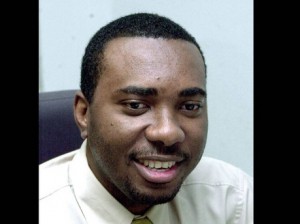Related posts
-
Jamaican parliamentarians pledge co-operation
Leaders of government and Opposition Business in both Houses of the Jamaican Parliament on Tuesday buried... -
EU Ambassador accredited by CaricomEU Ambassador accredited by Caricom
Head of Delegation of the European Union to Guyana, Suriname, Trinidad and Tobago and for the... -

Absence of ill Hugo Chavez sparks speculation
There is growing uncertainty in Venezuela over President Hugo Chavez’s health, two weeks after he underwent...

